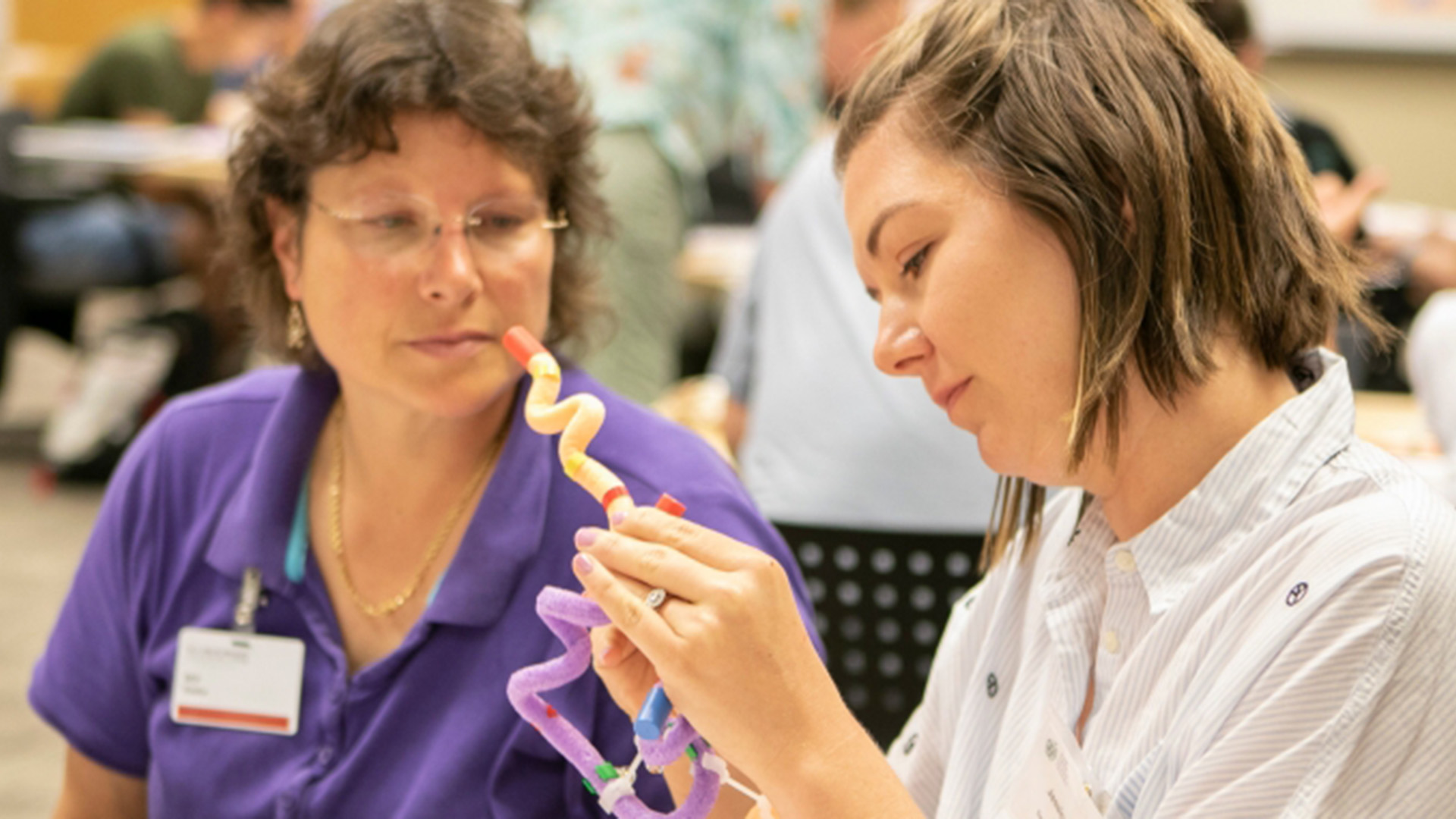Frontiers in Cancer Research

Project Website(s)
-
Abstract
Frontiers in Cancer Research (“Frontiers”) is presented by the Science Education Partnership (SEP) at Fred Hutchinson Cancer Research Center (“Fred Hutch”). The Frontiers program is designed to meet two goals of the National Institutes of Health (NIH) and National Institute of General Medical Sciences (NIGMS): to increase the STEM content knowledge and pedagogical skills of teachers and to engage students, especially those from underserved populations, in basic and clinical medical research. Overall, Frontiers aims to increase public understanding of basic molecular and cellular biology, how this knowledge informs research questions, and how clinical research translates into cancer therapies and cures. More specifically, Frontiers focuses on exciting new NIH-funded research at Fred Hutch, such as immunotherapy, that promises to fundamentally change cancer treatment. The program will also explore the ethical implications of cancer research-related topics. Another goal is to introduce students, particularly those from backgrounds underrepresented in the biomedical sciences, to career possibilities in research. 1) Frontiers will engage secondary school students in basic molecular/cellular biology and cutting-edge cancer research by creating, piloting, and disseminating two Next Generation Science Standards (NGSS)-aligned cancer-focused curricular units (Project Violet: Anti-Cancer Molecules, Cancer Immunotherapy) and three different types of hands-on scientific kits (Protein Modeling and Cancer Treatment, Bioengineering Plasmid Design, and CRISPR/Cas9). The units, which will consist of 5-7 lessons to span 2-3 weeks, will also help students examine ethical issues related to genetic engineering, gene therapy, and clinical trials. We will use small randomized controlled trials to evaluate the efficacy of the developed curricular materials. 2) Frontiers will enhance the ability of secondary school life science teachers to teach fundamental biological principles and practices through the lens of cancer research by providing 20 teachers annually (Y2-Y5) with a 3-week summer professional development program that includes a mentored research experience, and 7 day- long sessions throughout the school year. 3) Frontiers aims to inspire secondary school students from underrepresented communities to pursue biomedical and clinical research careers. Our introductory school-year outreach program will bring 270 students annually to Fred Hutch to meet scientists and participate in Frontiers lessons held in dedicated Fred Hutch student training labs. We will also create and implement a model for scientists at Fred Hutch to visit classrooms to assist teachers with lessons and share their career paths with students.
PUBLIC HEALTH RELEVANCE:
Frontiers in Cancer Research (“Frontiers”) addresses the needs identified by the NIH for resources that help teachers grow both in their STEM learning and as professionals, and for strategies to help engage youth from underserved populations in biomedical research. Frontiers provides curriculum, hands-on scientific resources, and research experiences for secondary school teachers to develop the expertise needed to teach what cancer is, how it can be treated, and what kind of careers are possible in biomedical research. Frontiers also helps students understand how biomedical advances are making novel approaches to cancer research and treatment possible, provides them with an opportunity to explore social and ethical questions surrounding biomedical research, and fosters a broader understanding of the role and importance of science in their lives.
Associated SEPA Publication(s)
-
A New Twist on DNA Extraction
The Science Teacher
Chowning J., Wu R., Brinkema C., Crocker W. D., Bass K., Lazerte D. -
Science teachers in research labs: Expanding conceptions of social dialogic dimensions of scientific argumentation.
Journal of Research in Science Teaching
Chowning J.








